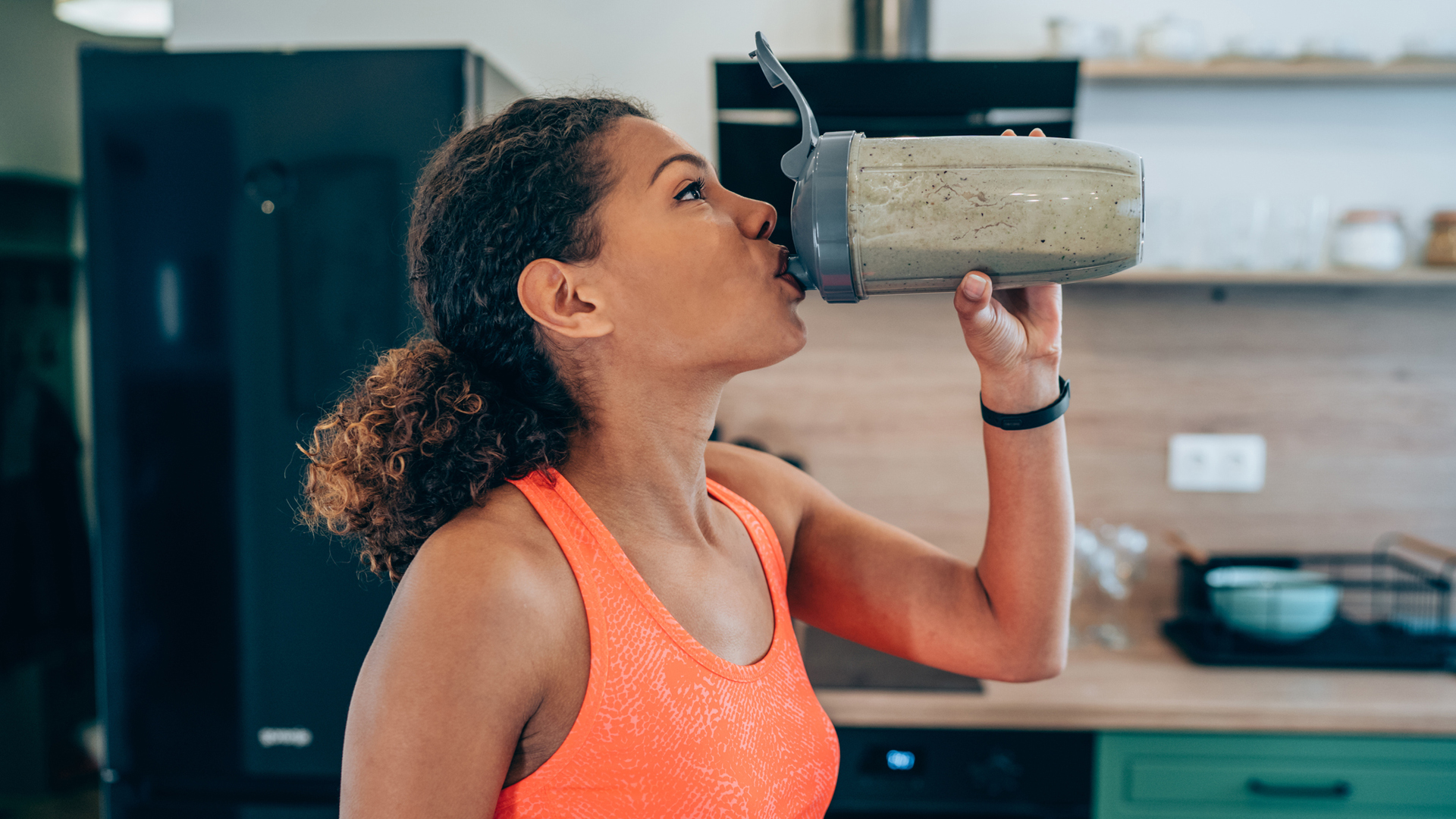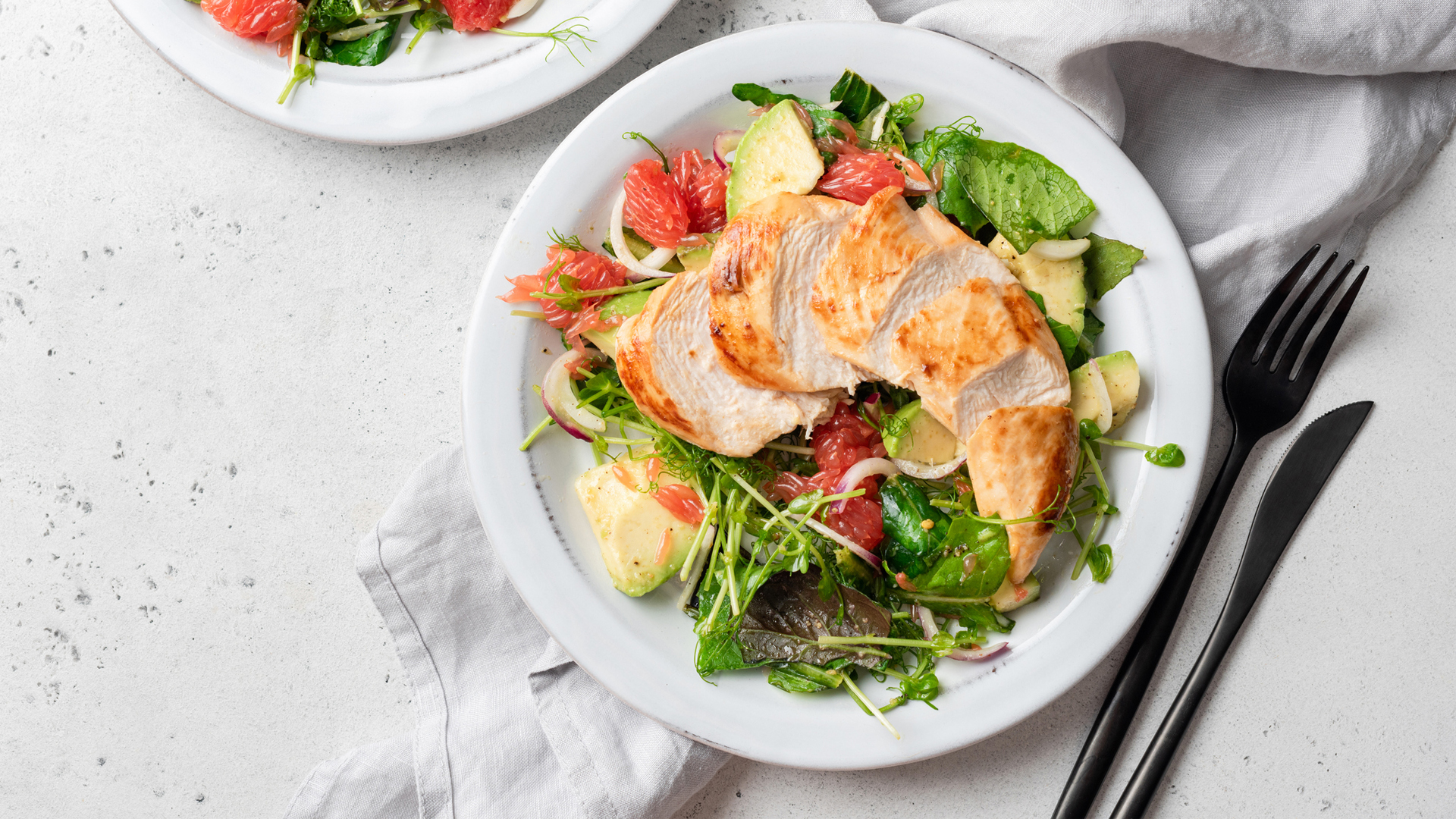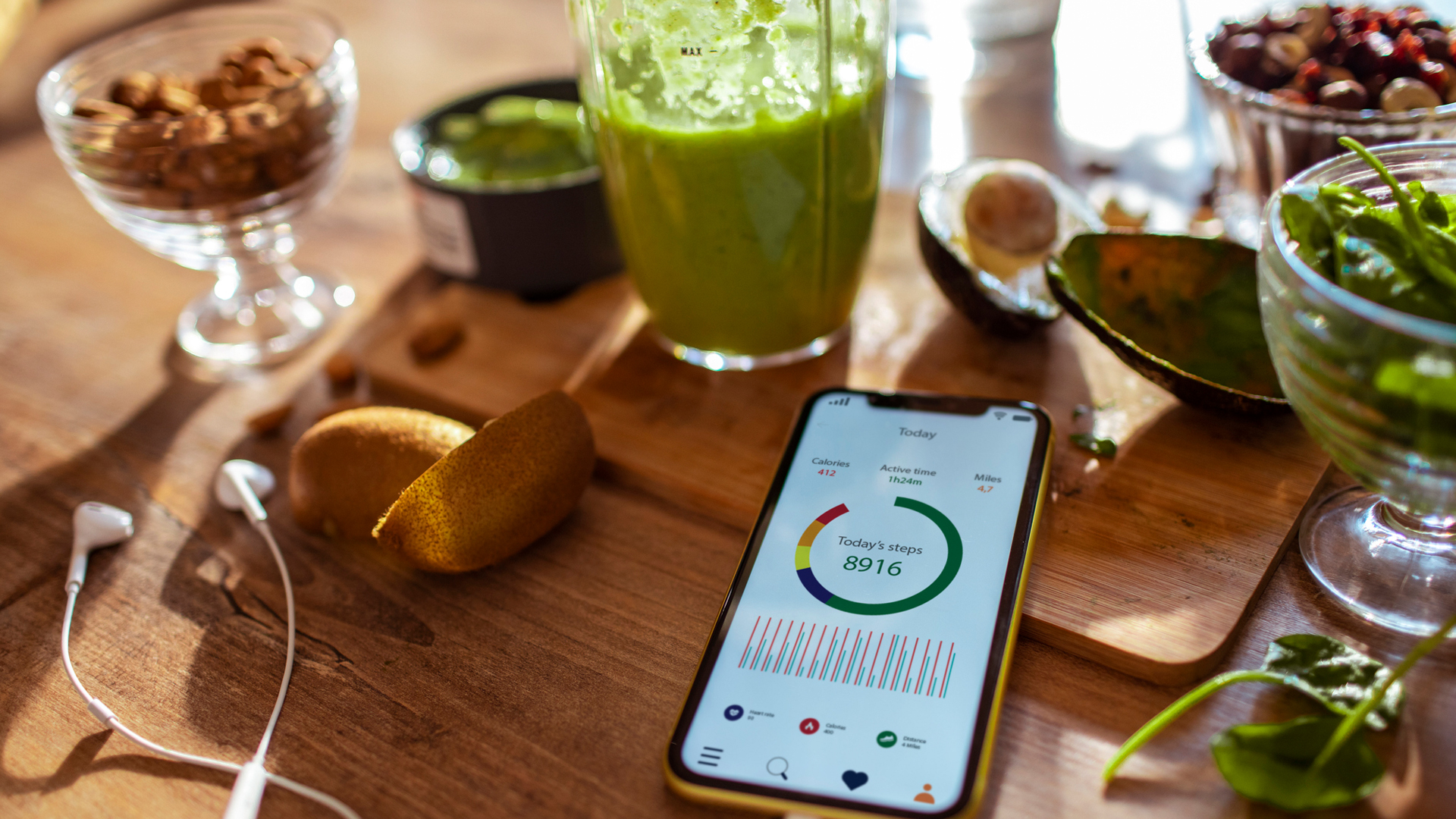Is protein good for weight loss?
Looking to shed a few extra pounds? We look at whether protein is good for weight loss, and how to get more from your diet

While weight loss isn't always the goal when it comes to leading a balanced lifestyle, making a few changes to your diet can be a helpful way to lose weight healthily. But instead of following a fad diet, why not follow the science? In which case, could simply eating more protein be good for weight loss?
Protein is a macronutrient that plays a key role in our body’s health and normal function. Studies have found that it can also help to keep us fuller for longer, potentially playing a role in successful weight loss. The best smart scales can also be helpful to track your progress, with high-tech insights into body composition.
Here, we’ll discuss how protein can help with weight loss, where to get the best sources of protein from your diet, and other tips for losing weight in a sustainable way. In the meantime, be sure to check out our guide to the best protein bars. Like drinking your protein in shake form? We've got rounded up the best protein shaker too.

Dr. Rebecca Breslow is a physician, researcher, and writer. A graduate of Yale University, she did her medical training at Harvard Medical School, Brigham and Women’s Hospital, and Boston Children’s Hospital. She was a practicing physician in academic medicine for 17 years, during which time she authored numerous publications for academic and lay audiences. Currently, she focuses on freelance medical writing and editing to help make medical, health, and wellness information accessible to a broad audience.
How is protein involved in weight loss?
Protein is a key macronutrient that plays many important roles in the body. It helps us during muscle recovery, and contributes to the structure of our tissues and our general body's functioning. Everyone needs some protein in their diet in order to stay healthy.
"Protein is important as a building block of the body, as it helps to maintain muscle mass," explains Jinan Banna, nutritionist and founder of Jinan Banna. "It has many other functions in the body as well, and is important for weight loss because it helps you to feel full, therefore avoiding overeating."

But how does protein contribute to weight loss? Well, according to a review published in Frontiers in Endocrinology, protein-heavy diets can help us to stay full for longer, use more energy, create lean muscle mass and maintain weight loss for longer periods.
In one study published in The American Journal of Clinical Nutrition, researchers found that high protein diets could lead to a higher energy expenditure and thus, more weight loss. "Our study proved that the same number of calories but from different diets can elicit different responses in energy metabolism," the study's co-authors, Carla Prado and Camila Pinto, said.
In other words, if you eat the same number of calories you do now but increase the amount of those calories coming from protein, you may use more energy and thus lose some weight.
Another study published in Nutrition Journal found that healthy young women tended to eat fewer snacks between meals when following a high protein diet. Plus, the body finds it harder to store protein as fat — so, by eating a diet with more protein, you may find that your body stores less fat over time.
- Related: Is fiber good for weight loss?
How much protein should you eat for weight loss?
There is no set amount of protein recommended for weight loss. However, according to a study published in Nutrients where 16 athletes were randomly assigned to two different protein diets (high v, low), findings suggested that eating roughly 1.8-2.9g of protein per kilogram each day improved people's feeling of fullness and therefore contributed to healthier eating and weight loss over time.
This range is a little over the government's recommended intake of protein. For the average person, 0.8g per kilogram each day is usually enough. For people who exercise regularly, the recommended amount is increased to 1.2-1.7g per kilogram.
Try to slowly increase your protein intake by replacing processed foods or excessive carbohydrates or fats with protein-rich foods instead. The best protein powder can also be useful if you're struggling to get enough protein from your diet.
Can you eat too much protein?
It's important that you don't overdo it with your protein-rich diet. If you eat too much protein, side effects can include bad breath, constipation, diarrhea, dehydration and even some more serious health conditions.
"Eating too much may mean you end up with a diet deficient in nutrients, as you may not be including lots of other foods you need, like fruits and vegetables and sources of healthy fat such as olive oil," says Banna. "Our body requires nutrients found in foods from all the food groups, and overdoing it on protein may mean we are not able to consume all of those nutrients in the right quantities."
Always speak with your doctor before starting a new diet to ensure you aren't overdoing it with your protein intake.
What are good high protein foods for weight loss?
While many of us immediately associate protein with meat, there are lots of sources of protein suitable for vegans or vegetarians too.
"You should vary your protein sources," says Banna. "Fish may be included in your diet if you eat animal-source foods as your source of omega-3 fats. Plant-based sources of protein are also a healthy part of the diet, such as beans and tofu. Poultry is also a good source of protein, and red meat may also be included more sparingly."

Here are a few high protein foods to try:
- Meats: beef, pork, lamb, veal
- Poultry: chicken, duck, turkey
- Fish: salmon, haddock, prawns, mussels
- Eggs
- Milk
- Yogurt
- Cheese
- Beans
- Lentils
- Seeds
- Nuts
- Chickpeas
- Tofu
Looking for more information on how to lose weight by changing what you eat? Check out our guides on how to follow a vegan diet for weight loss and how to follow a Mediterranean diet for weight loss.
Other tips for successful weight loss
Changing your diet isn't the only way to lose some weight. It's also important to make other lifestyle adjustments so that you reach the healthiest weight for your body type. Here are what the experts recommend:
- Get frequent exercise: A study published in the Journal of Applied Physiology suggests that though cardio and strength building are both beneficial, they have different effects.
- Stay hydrated: Don't confuse your thirst for hunger. Try drinking a glass of water before reaching for a snack.
- Eat a balanced diet filled with fruits and vegetables (and some protein), rather than processed foods.
- Get enough sleep.
- Eat regularly: Skipping meals can lead to unhealthy snacking and an ineffective digestive system
Obesity can lead to a number of health problems, but it's important to remember that everyone has a unique body type and natural weight, so don't confuse being skinny with being healthy.
If you and your doctor agree that it would be healthy for you to lose weight, it may be beneficial to discuss increasing your protein intake. Just remember to keep eating other crucial foods such as fruits and vegetables in order to stay healthy and strong too.
This article is for informational purposes only and is not meant to offer medical advice.
Sign up for the Live Science daily newsletter now
Get the world’s most fascinating discoveries delivered straight to your inbox.

Meg Walters is a freelance journalist and features writer. Raised in Canada and based in South East London, Meg covers culture, entertainment, lifestyle, and health. Her work has appeared in Cosmopolitan, i-D, Refinery29, Stylist, GQ, Shondaland, Healthline, HelloGiggles and other publications. When she's not writing, Meg is probably daydreaming about traveling the world, re-watching an old rom-com with a glass of wine, or wasting time on Twitter, where you can follow her @wordsbymeg.
- Dr. Rebecca BreslowPhysician, researcher, and writer.










